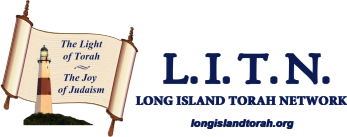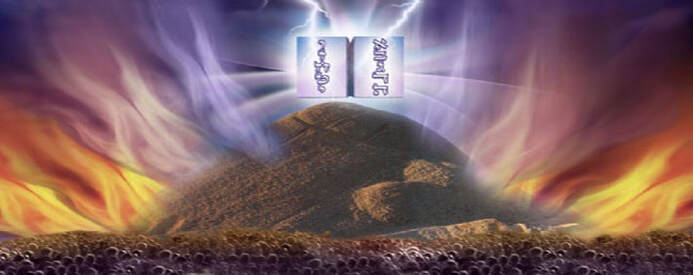Shavuos
Shavuos, the Festival of Weeks, commemorates the Giving of the Torah at Mount Sinai seven weeks after the Exodus from Egypt.
G-d offers the Torah to the Jewish People, promising a special relationship with Him if they accept it. “We will do and we will hear,” declare the people, committed to do what G-d asks even before they hear what it is.
When the great day arrives, Mount Sinai is aflame and wreathed in smoke, while thunder, lightning and the sound of a Shofar announce the momentous event. G-d Himself speaks to the entire nation – the only time in history that this occurs. After G-d utters the Ten Commandments, Moses ascends the mountain, where he stays for forty days to hear the rest of G-d’s teachings.
Like other Biblical holidays, Shavuos is a day of rest like Shabbat, with allowance for certain activities associated with food preparation.
Several time-honored customs enhance the beauty of this holy day:
All night Torah study
The night before the Torah was given, the Jews went to sleep, and had to be awoken the next morning for their rendezvous with Hashem. To rectify this mistake, it is customary to study Torah all night, reciting the morning prayers at daybreak before going to sleep.
Eating Dairy
It is customary to eat
dairy on Shavuos, for several reasons:
The Torah is compared to milk and
honey.
We eat a dairy meal in addition to
the standard holiday meat meal
requiring two different loaves of
bread. This commemorates the Two
Loaves, a special Shavuos offering
brought in the Temple in Jerusalem.
After receiving the Torah, the Jews
were suddenly faced with the need
for Kosher m eat a complex and
time consuming process. For the
short term, they opted for dairy
instead.
Leaves and Flowers
Synagogue and home are adorned with leaves and flowers, signifying:
G-d offers the Torah to the Jewish People, promising a special relationship with Him if they accept it. “We will do and we will hear,” declare the people, committed to do what G-d asks even before they hear what it is.
When the great day arrives, Mount Sinai is aflame and wreathed in smoke, while thunder, lightning and the sound of a Shofar announce the momentous event. G-d Himself speaks to the entire nation – the only time in history that this occurs. After G-d utters the Ten Commandments, Moses ascends the mountain, where he stays for forty days to hear the rest of G-d’s teachings.
Like other Biblical holidays, Shavuos is a day of rest like Shabbat, with allowance for certain activities associated with food preparation.
Several time-honored customs enhance the beauty of this holy day:
All night Torah study
The night before the Torah was given, the Jews went to sleep, and had to be awoken the next morning for their rendezvous with Hashem. To rectify this mistake, it is customary to study Torah all night, reciting the morning prayers at daybreak before going to sleep.
Eating Dairy
It is customary to eat
dairy on Shavuos, for several reasons:
The Torah is compared to milk and
honey.
We eat a dairy meal in addition to
the standard holiday meat meal
requiring two different loaves of
bread. This commemorates the Two
Loaves, a special Shavuos offering
brought in the Temple in Jerusalem.
After receiving the Torah, the Jews
were suddenly faced with the need
for Kosher m eat a complex and
time consuming process. For the
short term, they opted for dairy
instead.
Leaves and Flowers
Synagogue and home are adorned with leaves and flowers, signifying:
- Mount Sinai, which was adorned by greenery.
- The story of Moses: on this day, he was placed in a basket among the reeds of the Nile.
- A king who spares an entire garden because of one beautiful rose. So, too, Hashem allows the whole world to endure because of the Torah.

